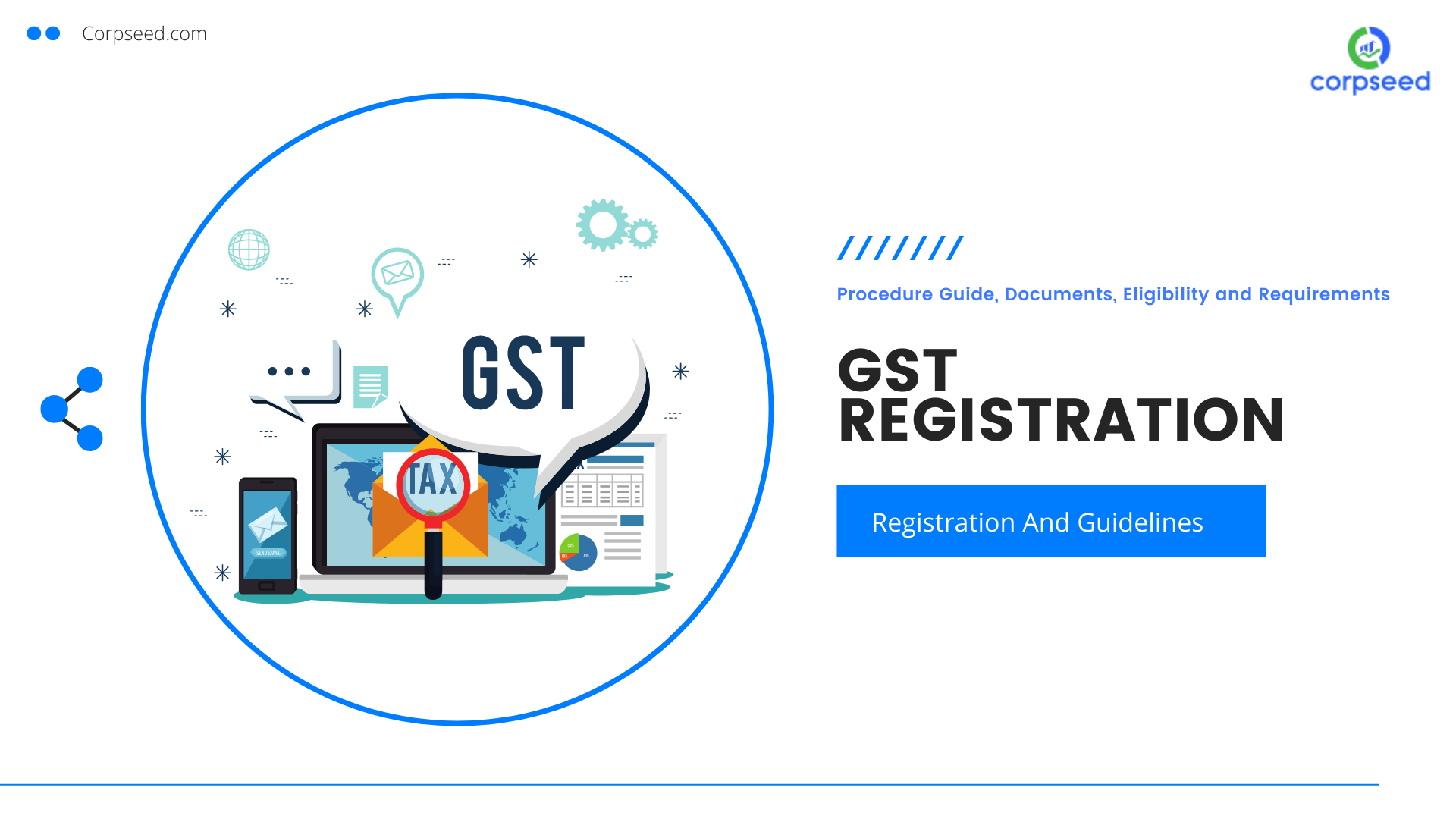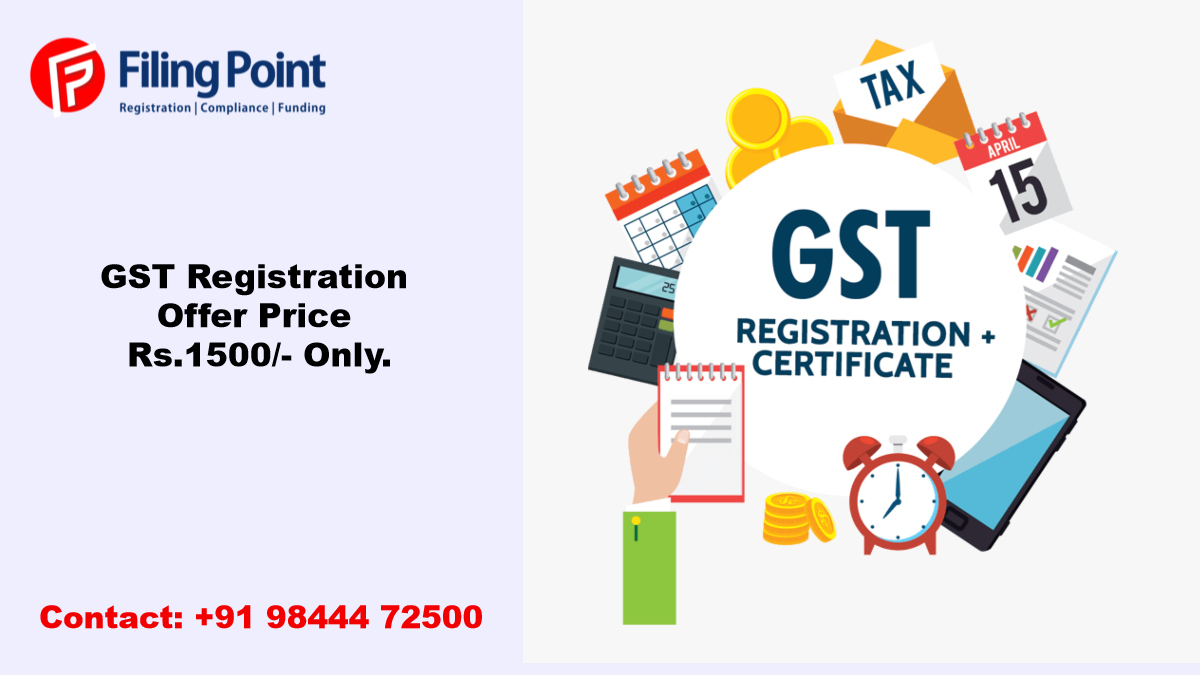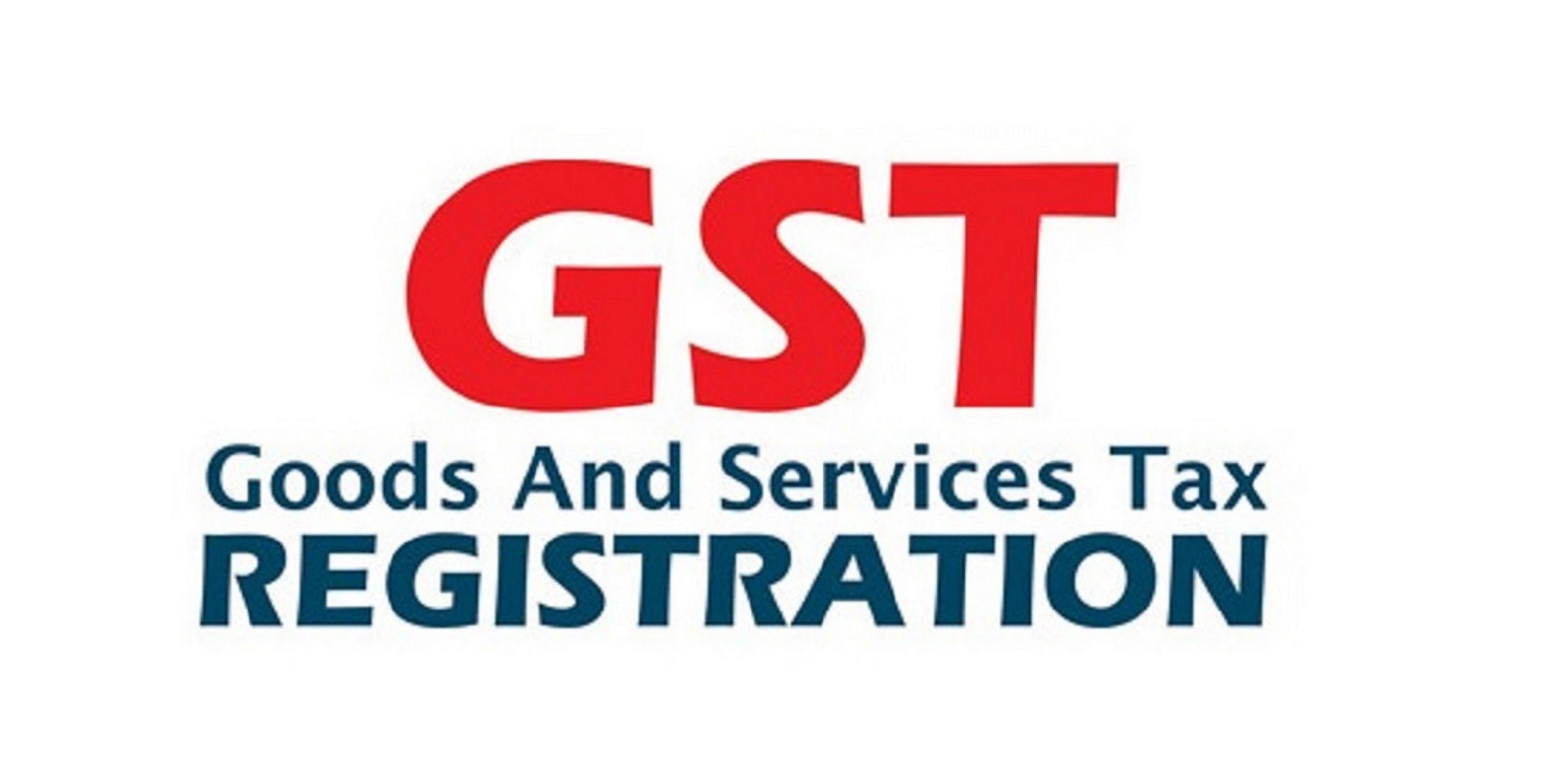Why CFO Account & Services is the Preferred Option for GST Registration in Singapore
Why CFO Account & Services is the Preferred Option for GST Registration in Singapore
Blog Article
Navigating the Complexities of GST Enrollment: A Comprehensive Overview for Entrepreneur
Browsing the intricacies of GST enrollment can be a difficult task for many entrepreneur, as it entails a myriad of guidelines, guidelines, and processes that should be stuck to. With the ever-evolving landscape of tax legislations, ensuring compliance and recognizing the complexities of GST registration is important for the seamless procedure of any kind of company. From figuring out eligibility and gathering the essential paperwork to maximizing procedures for maximum performance, this detailed overview intends to offer company owner with the knowledge and devices required to browse the intricacies of GST registration effectively.
Qualification for GST Enrollment
Company owners have to meet specific requirements to identify their eligibility for GST registration. In basic, organizations with an annual turnover surpassing a certain limit are required to register for Goods and Provider Tax Obligation (GST) This limit differs by nation, but it is vital for business owners to stay notified regarding the specific guidelines in their territory. In addition, services involved in interstate supplies, ecommerce, or the stipulation of certain defined services and products might likewise be mandated to register for GST, no matter of their turn over.
Furthermore, companies that are registered under any type of previous tax obligation regime, such as Barrel or solution tax obligation, are commonly needed to shift to GST enrollment. By sticking to the required standards, services can efficiently browse the intricacies of GST registration and run lawfully within the tax obligation structure.
Files Needed for Registration
To complete the GST registration process, organizations require to collect and submit a comprehensive set of documents. The essential papers needed for GST registration normally include proof of service registration or incorporation such as the Certification of Consolidation, partnership deed, or any other registration certification.
Moreover, certain documents associated with the nature of business, such as a listing of services or products provided, HSN codes for products, and SAC codes for solutions, may be required - Why choose CFO Account & Services for GST registration in Singapore. It is crucial for companies to ensure that all records sent are accurate, up-to-date, and in the recommended style to prevent any kind of hold-ups or difficulties in the GST enrollment process
Refine of GST Registration
Having actually set up the requisite paperwork, companies continue to start the GST registration procedure by engaging with the on the internet portal assigned for registration. This on the internet website is the Goods and Provider Tax Network (GSTN) website, which acts as the main system for all GST-related activities in India. Upon accessing the site, companies are called for to complete the GST registration type with exact details concerning their business activities, turn over, and other appropriate details.
When the kind is completed and sent on the portal, the GSTN confirms the information provided by the service. If any inconsistencies are located, the applicant may be called for to give added information or clarification. Adhering to successful verification, a GST registration certification is released to the business entity. This certificate consists of a distinct Item and Services Tax Identification Number (GSTIN) that is utilized for all GST-related deals.
It is very important for organizations to ensure that the information provided during the GST enrollment procedure is exact and up to date to prevent any kind of prospective concerns or anonymous delays in obtaining the GST registration certification.
Understanding GST Compliance

Companies need to be familiar with the different GST conformity requirements based on their turn over, nature of services or goods, and the states in which they operate. It is essential to stay updated on any kind of Going Here adjustments in GST legislations and policies to prevent any non-compliance problems.
Non-compliance with GST laws can lead to significant penalties, charges, and even lawful effects. As a result, organizations need to invest time and sources in enlightening themselves and their personnel on GST compliance. Looking for expert support from tax obligation consultants or specialists can additionally assist in navigating the intricacies of GST compliance and ensuring that services operate within the legal framework.

Tips for Optimizing Business Procedures
For boosted effectiveness and performance in business procedures, strategic planning and structured processes are necessary parts. One idea for optimizing company procedures is to utilize innovation successfully.
An additional crucial aspect is prioritizing tasks based upon their importance and due dates. By producing a clear power structure of tasks and setting sensible timelines, businesses can guarantee that critical activities are completed on schedule. In addition, fostering a culture of open communication and partnership amongst staff member can lead to enhanced effectiveness and advancement.

Verdict
In conclusion, browsing the intricacies of GST enrollment calls for a clear understanding of qualification standards, essential records, enrollment procedures, and conformity demands. By sticking to these guidelines and enhancing company operations, entrepreneur can ensure smooth procedures and conformity with the GST guidelines. It is necessary for services to remain educated and updated on GST regulations to avoid any kind of penalties or legal problems.
The essential files required for GST enrollment normally include proof of business enrollment or consolidation such as the Certificate of Incorporation, collaboration action, or any other enrollment certificate.Having actually constructed the requisite paperwork, companies continue to start the GST registration procedure by engaging with the online portal designated for enrollment. Upon accessing the portal, organizations are needed to fill out the GST enrollment type with exact details regarding their service activities, turn over, and other relevant info.
In order to keep adherence to GST policies and avoid charges, businesses have to prioritize recognizing GST compliance. By sticking to these guidelines and enhancing business procedures, business proprietors can ensure smooth operations and conformity with the GST guidelines.
Report this page